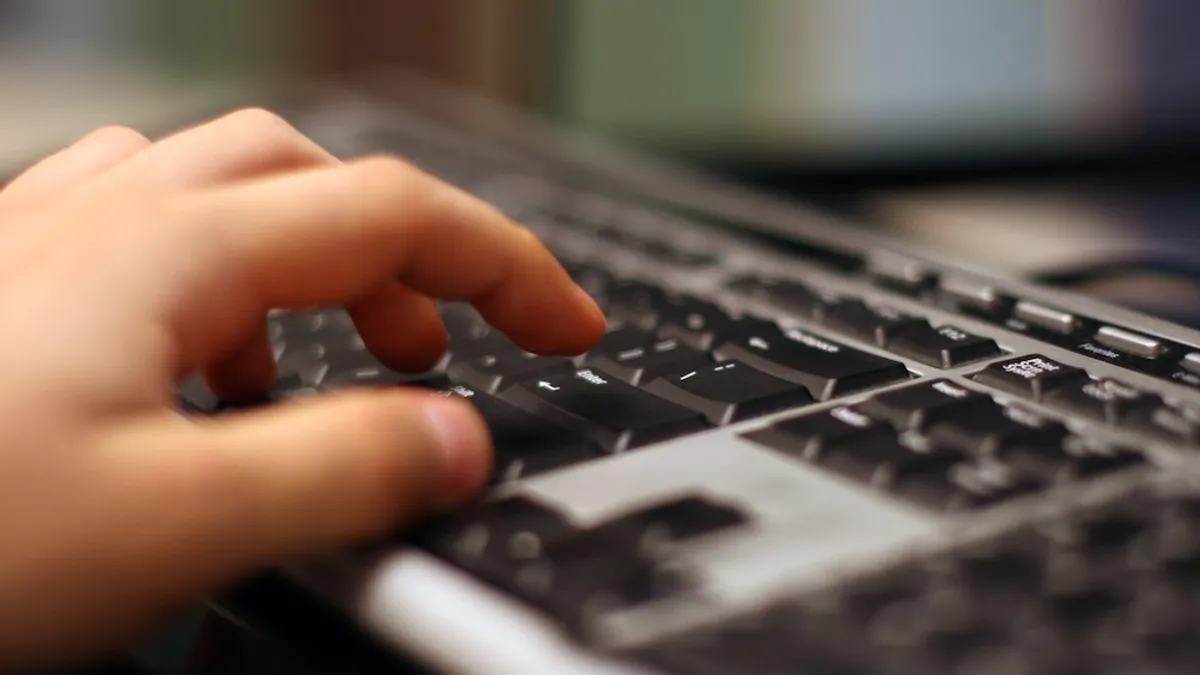Dive Brief:
-
Students in online charter schools have generally performed less well than their peers in brick-and-mortar classrooms, but this doesn’t have to be the case. With specific strategies, online schools can be a viable alternative to traditional public education, according to a new report from Public Impact.
-
Strong teachers that make personal connections with students, putting students’ needs at the center of the program and setting high expectations for both students and families are among the elements of strong virtual charters, according to the report, which features the Idaho Distance Education Academy (I-DEA) and the Virtual Learning Academy Charter School in New Hampshire as models.
-
Successful online schools use the same systems that make traditional schools successful, yet they are able to offer personalized learning. Technology is at the core of these programs so online schools must take full advantage of all that it has to offer, the authors write.
Dive Insight:
Despite the promise of a fully flexible schedule and learning at a personalized pace, online charter schools are still associated with lower student test scores. In Wisconsin, more than 2,500 students in the state’s virtual charter schools withdrew, were kicked out or quit between 2016-2017. Those that switched back to traditional schools scored significantly lower, especially in math.
There are those students who thrive in the online school environment, however. Successful students are either motivated to excel or are sometimes dealing with anxiety or another mental health issue that prevents them from learning well in a public environment.
The JEDI Virtual School, which serves a group of districts in Wisconsin, tests students before they begin and then give them weekly progress reports. Some online programs offer the option to alternate between online and traditional classroom time, and if students slip behind, they are encouraged to discontinue the online school before they fall too far back.
In Idaho, most of the more than 6,000 students in virtual schools test below their peers at traditional schools, but educators say that lower test scores are due to the fact that many students were already struggling or were at high risk of dropping out. At I-DEA, however, students score above state averages. While there is still flexibility, the program also requires students to participate in weekly live classes and gives students opportunities to take college-level courses.
Online charter schools have a powerful ally. U.S. Secretary of Education Betsy DeVos supports cyber charter schools as one of many school choice options.












